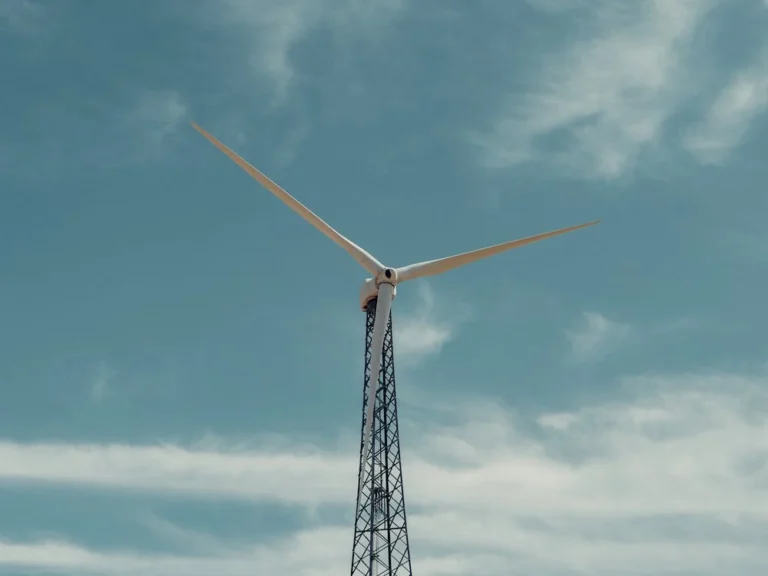Battery technology has undergone significant advancements, transforming the way energy is stored and utilized. The innovation in battery chargers and power sources has brought about greater efficiency, reliability, and sustainability. This article delves into the intricate world of battery technology, exploring the latest advancements, applications, and their impact on various industries.
Advancements in Battery Chargers
Battery chargers like those from Makita Tools have evolved significantly, moving from simple linear chargers to sophisticated smart chargers. Smart chargers are equipped with advanced features like microcontroller-based control, multi-stage charging, and the ability to communicate with the battery management system. These chargers ensure optimal charging by preventing overcharging and overheating, thereby enhancing battery life and performance.
One of the key innovations in battery chargers is the development of wireless charging technology. This technology eliminates the need for physical connectors, providing convenience and reducing the wear and tear on charging ports. Wireless charging is now widely used in smartphones, electric vehicles, and other portable devices.
Renewable Energy Integration
The integration of the renewable energy sources with the battery storage systems has revolutionized the way energy is managed and utilized. Solar and wind power, being intermittent sources of energy, require efficient storage solutions to ensure a stable power supply. Batteries play an important role in storing excess energy generated during the peak production periods and supplying it during low production periods.
Grid-scale battery storage systems have become essential components of modern power grids. These systems help balance supply and demand, reducing reliance on fossil fuels and enhancing the reliability of the grid. Moreover, they enable the seamless integration of renewable energy into the grid, contributing to a more sustainable and resilient energy infrastructure.
Applications in Electric Vehicles
Electric vehicles are at the forefront of the transition to sustainable transportation. The advancements in the battery technology and charging infrastructure have been pivotal in accelerating the adoption of EVs. Lithium-ion batteries, with high energy density and fast charging capabilities, have become the standard choice for EV manufacturers.
Fast charging stations are being deployed globally to address the range anxiety associated with EVs. These stations can charge an EV battery up to 80% in just 30 minutes, making long-distance travel more feasible. Additionally, the development of ultra-fast chargers, capable of delivering hundreds of kilowatts of power, promises to further reduce charging times and enhance the convenience of EV ownership.
Portable Power Solutions
Portable power solutions have become indispensable in the world today. From smartphones and laptops to medical devices and camping equipment, the demand for reliable and efficient portable power sources is ever-increasing. Power banks and portable battery packs have become ubiquitous, providing a convenient way to charge devices on the go.
Advancements in the battery chemistry and design have led to the development of high-capacity, lightweight, portable power solutions. These devices are not only capable of charging multiple devices simultaneously but also come with features such as fast charging, wireless charging, and pass-through charging. Moreover, the incorporation of solar panels in portable power solutions allows for renewable energy charging, further enhancing their utility and sustainability.
Impact on Consumer Electronics
The consumer electronics industry has greatly benefited from the advancements in battery technology and chargers. Smartphones, tablets, laptops, and wearable devices are now equipped with batteries that offer longer usage times and faster charging capabilities. The miniaturization of batteries has also enabled the development of ultra-thin and lightweight devices without compromising on performance.
The integration of smart charging technology in consumer electronics like those from Makita Tools ensures efficient power management. Devices are now able to optimize charging based on usage patterns, battery health, and environmental conditions. This not only enhances the user experience but also extends the lifespan of the devices.
Challenges and Future Directions
Despite the remarkable advancements, there are several challenges that need to be addressed to further enhance the efficiency and sustainability of battery chargers and power sources. One of the major challenges is the environmental impact of battery production and disposal. The extraction of raw materials like those of lithium and cobalt, as well as the disposal of used batteries, poses significant environmental and ethical concerns.
Research and development efforts are focused on finding sustainable alternatives to current battery materials and improving recycling processes. Solid-state batteries, which use the solid electrolytes instead of liquid electrolytes, are being explored as a safer and more efficient alternative to conventional lithium-ion batteries. Additionally, advancements in battery recycling technology aim to recover all the valuable materials and reduce the environmental footprint of battery disposal.
The convergence of innovation and efficiency in battery chargers and power sources has transformed various aspects of modern life. From enabling the widespread adoption of electric vehicles to enhancing the functionality of consumer electronics, the impact of advanced battery technology is profound. As research and development continue to push the boundaries, the future holds the promise of even more efficient, sustainable, and versatile battery solutions. Embracing all these advancements will pave the way for a greener and more connected world.

